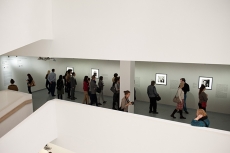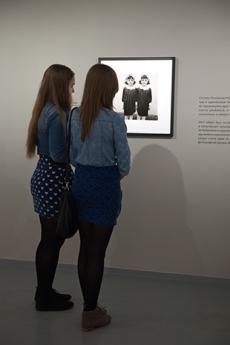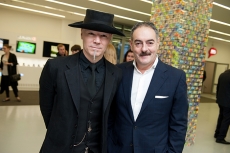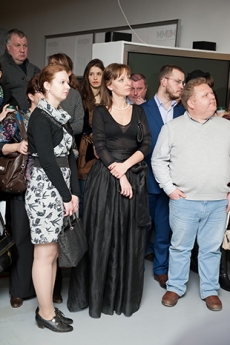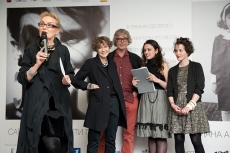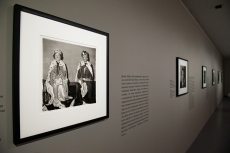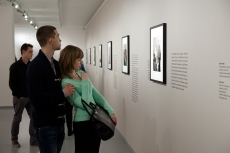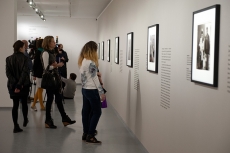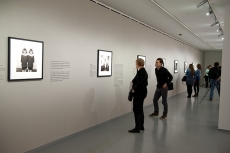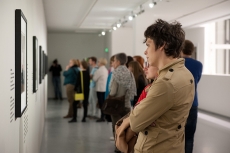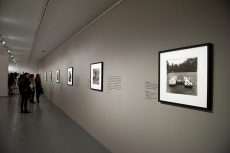Portfolio
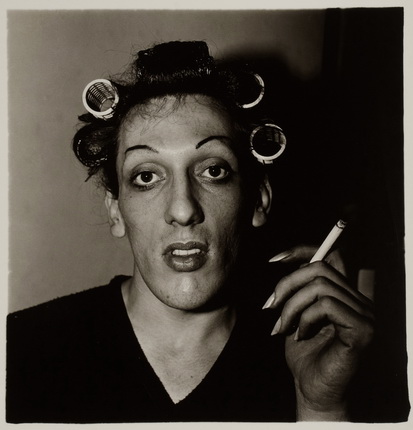
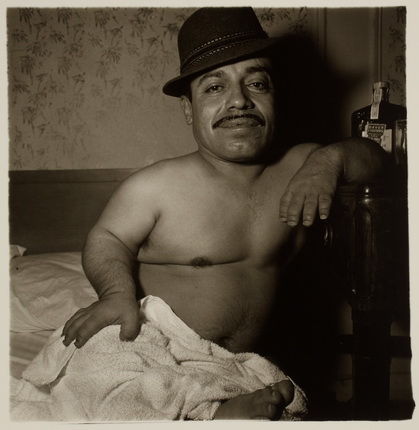
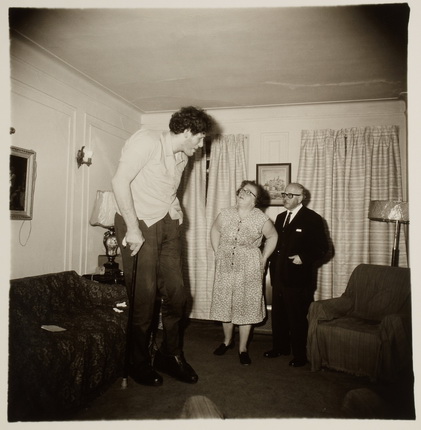
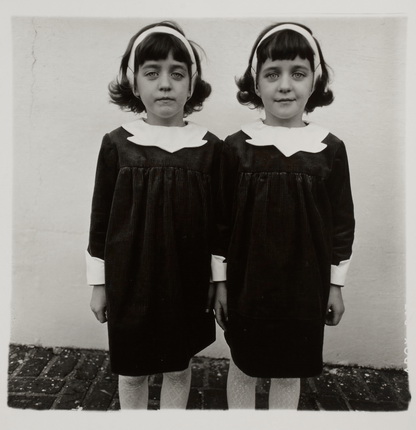
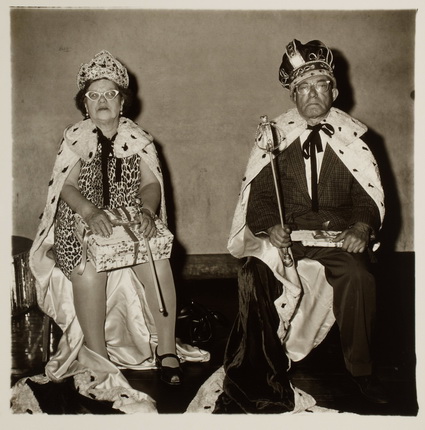
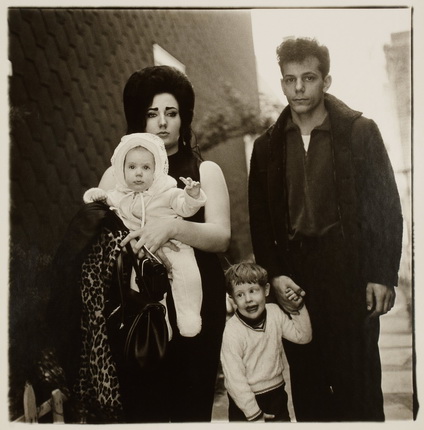
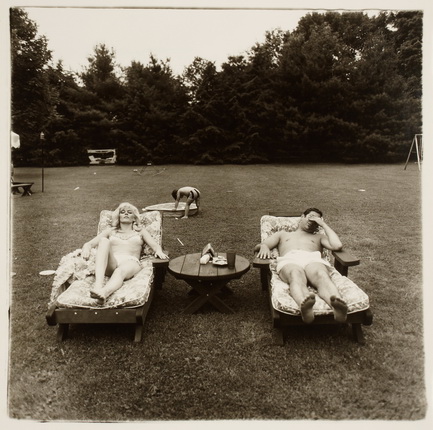
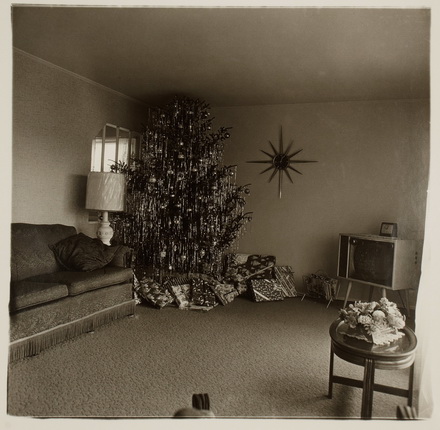
Arbus, Diane. A young man in curlers dressing up for an annual dragball. USA, 1966. Silver gelatin print. Courtesy of WestLicht, Museum for Photography, Vienna
Arbus, Diane. Lauro Morales, a Mexican dwarf in his hotel room USA, 1970. Silver gelatin print. Courtesy of WestLicht, Museum for Photography, Vienna
Arbus, Diane. This is Eddie Carmel, a Jewish giant, with his parents in the living room of their home in the Bronx. USA, 1970. Silver gelatin print. Courtesy of WestLicht, Museum for Photography, Vienna
Arbus, Diane. Identical Twins, Roselle, New Jersey. USA, c. 1967. Silver gelatin print. Courtesy of WestLicht, Museum for Photography, Vienna
Arbus, Diane. The King and Queen of a Senior Citizens Dance. USA, 1970. Silver gelatin print. Courtesy of WestLicht, Museum for Photography, Vienna
Arbus, Diane. A young family in Brooklyn going for a Sunday outing. USA, 1966. Silver gelatin print. Courtesy of WestLicht, Museum for Photography, Vienna
Arbus, Diane. A family on the lawn one Sunday in Westchester in June 1968. Silver gelatin print. Courtesy of WestLicht, Museum for Photography, Vienna
Arbus, Diane. Xmas tree in a living room, Levittown. USA, 1962. Silver gelatin print. Courtesy of WestLicht, Museum for Photography, Vienna
Moscow, 27.03.2014—20.04.2014
exhibition is over
Share with friends
For the press
For the first time in Russia MAMM is showcasing a unique series of images by the great Diane Arbus, collected in a single portfolio by the photographer herself.
Ten works chosen a year before her suicide in 1970. Thousands and thousands of negatives and prints were sifted through to select the 10 major works that — although this sounds like a truism — became the sum total, the essence, the most important and, looking ahead, the most recognisable and valued works by Arbus. The ‘Twins’ from New Jersey, the ‘Giant’ from the Bronx, a young man in curlers — this is the canonical Arbus found in every textbook on the history and theory of photography. But unlike many masters and luminaries, Arbus remains perhaps the most contemporary, vibrant and hotly discussed figure in the world of photography, and her artistic destiny is inseparable from her personal biography: her frailty and fragility, yet at the same time her natural sensitivity to any defect or deviation from the norm proved to be her outstanding talent and her affliction, which by the time the portfolio was created had become irreversible (Arbus suffered from clinical depression).
Probably Arbus carried out the quietest and most impressive revolution in the history not only of photography, but of art as a whole in the second half of the 20th century: years before the Surrealists had struggled to find a source of creative energy in the abnormal, unconscious and elemental, but Arbus eliminated the boundaries between normality and pathology, between the obligatory and the inadmissible, between right and wrong. She abolished ‘particularity’, discrimination based on external appearance, equalised even the most audacious with the world around them, compelling them to dissolve in the ordinary flow of people. Moreover this did not apply to ethics alone, but more to a new vision, the penetrating eye of photography that hits the target. This spring you can be sure of that in MAMM.

